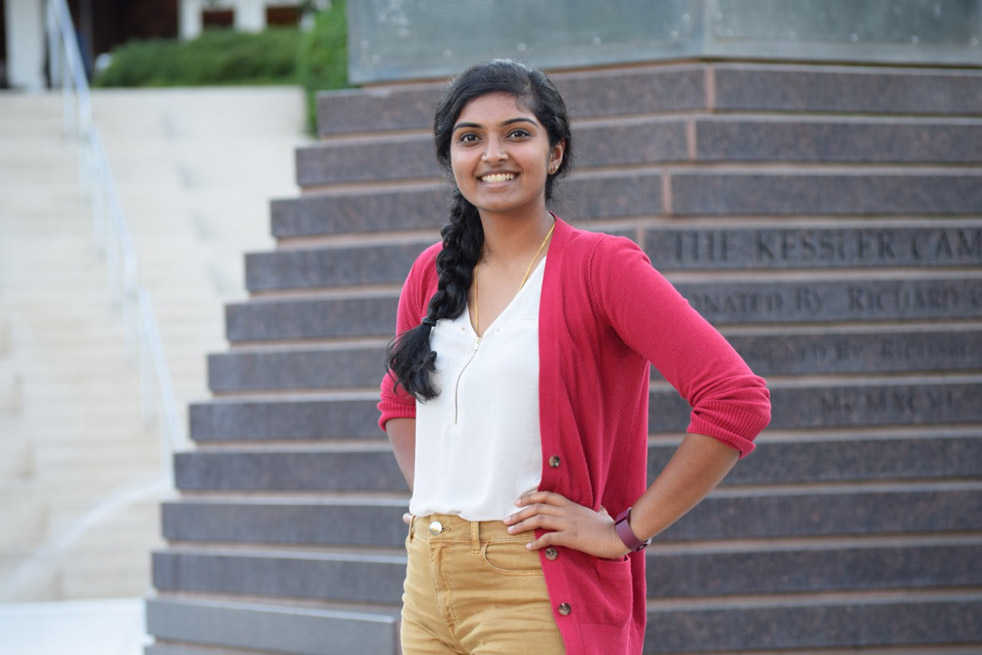I had a good bit of time to think about the world and the weather this last weekend. Turns out being stuck at home through a mini-Snowpocalypse with your parents is not as bad as it sounds. But still, not the most interesting weekend unless you really wanted to hear gossip about your mom’s cousin’s friend.
Maybe it was all the Weather Channel my family and I were watching, but I started musing about the water cycle. We start with the water cycle during science class, around the same time we learn about the butterfly life cycle. Then, we learn more complicated terms for everything, and get diagrams about bubble points and dew points while wistfully remembering when we were kids, just learning about the water cycle for the first time.
We are then told about how precious water is and how we must preserve it, but there is never any urgency in that call to action. It is presented like another fact and without that emotional connection that could really cause change.
For me, that emotional angle came from the fact that water has always been something central to my culture. The monsoon is anticipated with great joy, and some of my fondest memories are sitting on a terrace at my grandmother’s house during a storm and watching the rain come pouring down. There’s something so calming about listening to the rain, seeing bright flashes of lightning and then eventually hearing a dull clap of thunder in the distance.
It’s remembering those moments that remind me in a tangible way why climate change and water affect our existence so much. The path that humanity is taking currently in terms of water consumption is simply not sustainable. From a very surface level, we are polluting our water with dangerous chemicals and waste, and in the process killing off wildlife. Corporations are using billions of gallons of water a year for fracking, even though more environmentally responsible fuel alternatives exist and are ready for use.
Agriculture, on the grand scale that we have now in the US, uses even more water, and that’s not counting how much animal agriculture consumes.
Now I am not saying everyone needs to install solar panels in their homes or go on a raw vegan diet, but there are small steps that can be taken to help out. Consider your environmental footprint, and try cutting that down in some small way. Start recycling more, or cut out meat a few times a week. These things might all sound clichéd, but unless you start somewhere, you cannot create real change.
We go to a school that gives us the tools to create change in the world, so while you innovate, do not forget about our planet’s well-being as well.
Remember the beautiful parts of the world you want to keep safe, and use that as your motivation.
